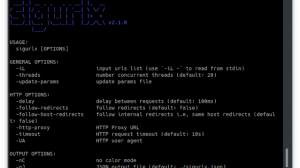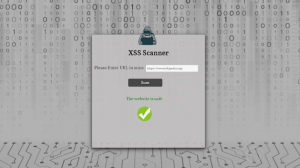Acunetix, the pioneer in automated web application security software, has announced the release of Acunetix for Linux. Known to be reliable, cost-effective and secure, Linux is the server operating system of choice for many large organizations including Facebook, Twitter, and Google. Acunetix is one of the first commercial, automated web vulnerability scanners to be released for Linux.
“Following extensive customer research, it became clear to us that a number of customers and security community professionals preferred to run on Linux. Tech professionals have long chosen Linux for their servers and computers due to its robust security. However, in recent years, this open source operating system has become much more user-friendly. We are very proud to be one of the first commercial web vulnerability scanners to be released for Linux.”Nicholas Sciberras, CTO
Acunetix is able to comprehensively and accurately scan all types of web applications, including those that rely heavily on JavaScript, such as SPAs (Single Page Applications. Version 12 launched in May this year and ships with a brand new, re-engineered and rewritten scanning engine, making Acunetix the fastest scanning engine in the industry. Previously only available on Windows and Online, it is now also available on Linux.
Benefits of Running Acunetix on Linux OS
- Reliability and security: Linux is the operating system most often selected for servers that need close to 100% uptime. Using Linux increases the reliability needed for the thousands of operations required to scan a website.
- Cost-effectiveness: Acunetix customers can run the scanner in their own private cloud on either Amazon AWS, Digital Ocean or Google Cloud, for example.
- Performance: Linux requires fewer resources to run, resulting in extra resources to increase scanner performance.





















Add Comment